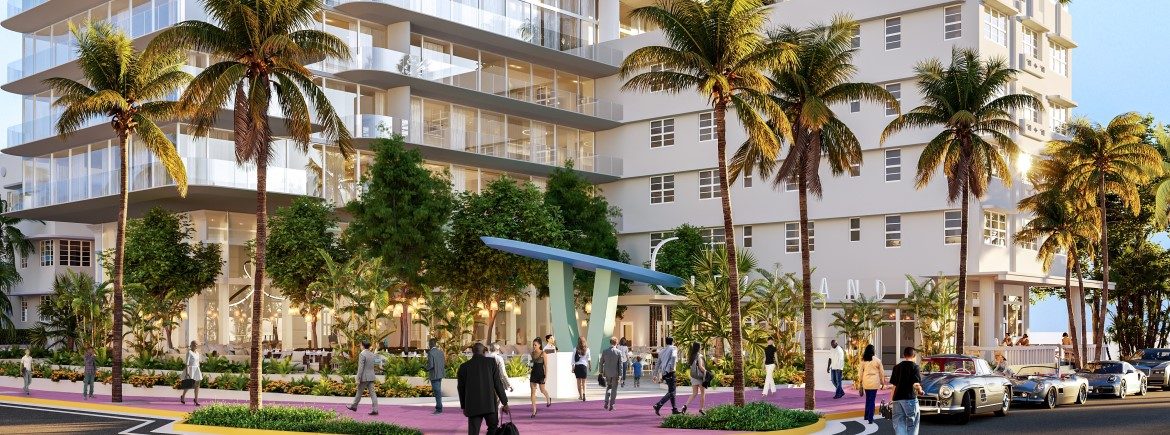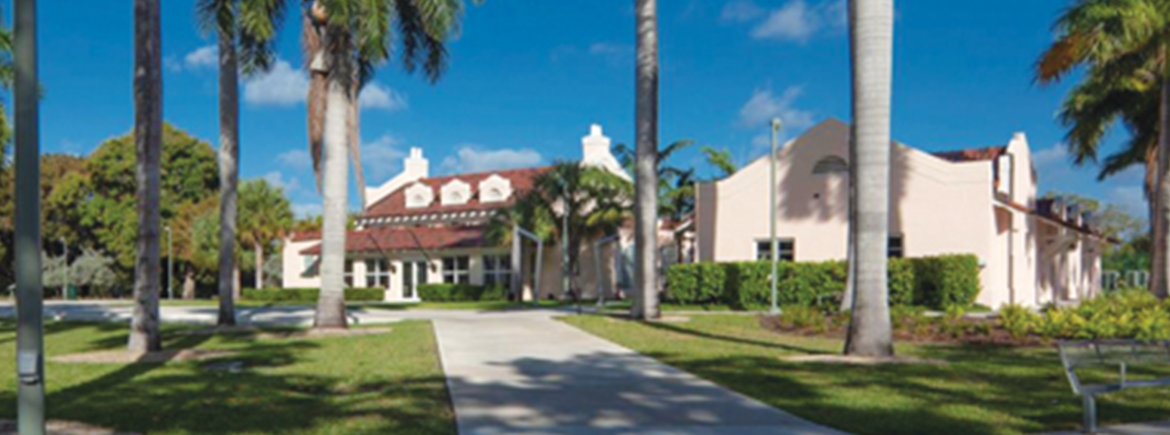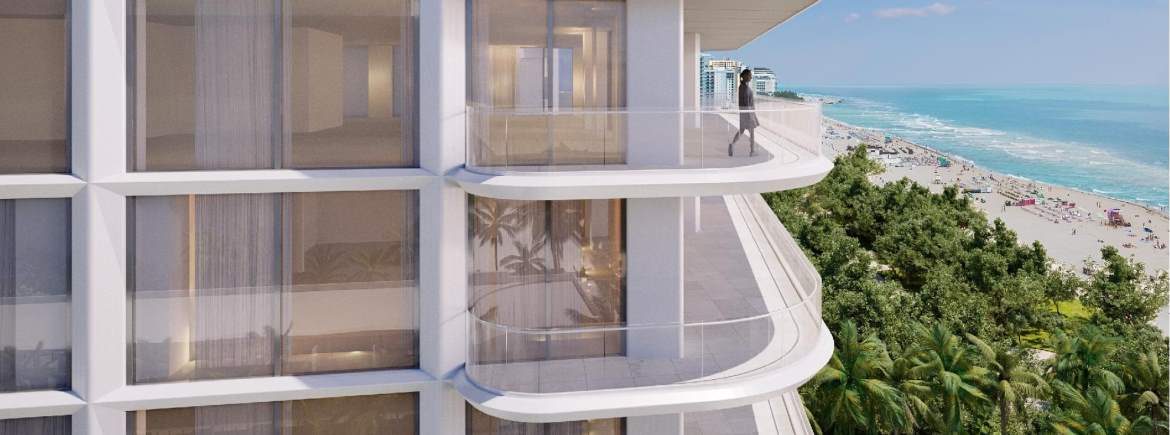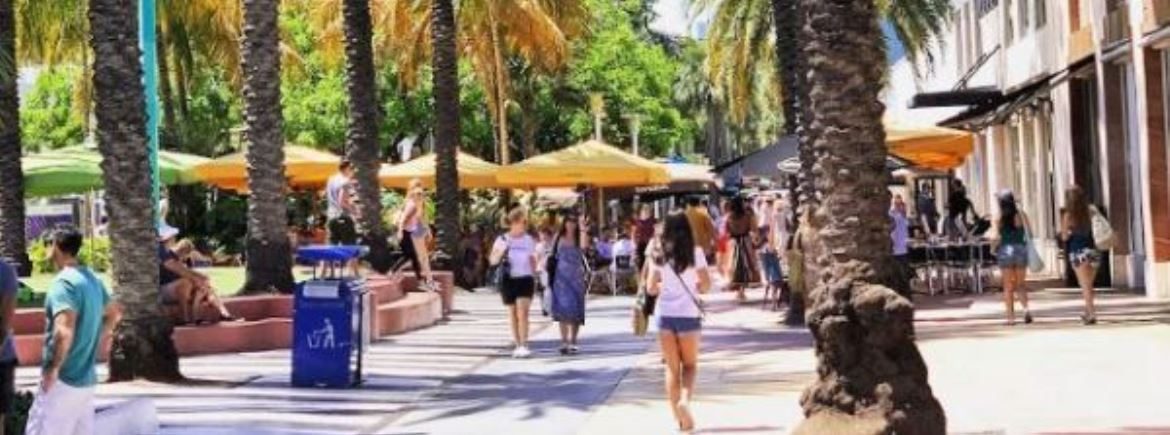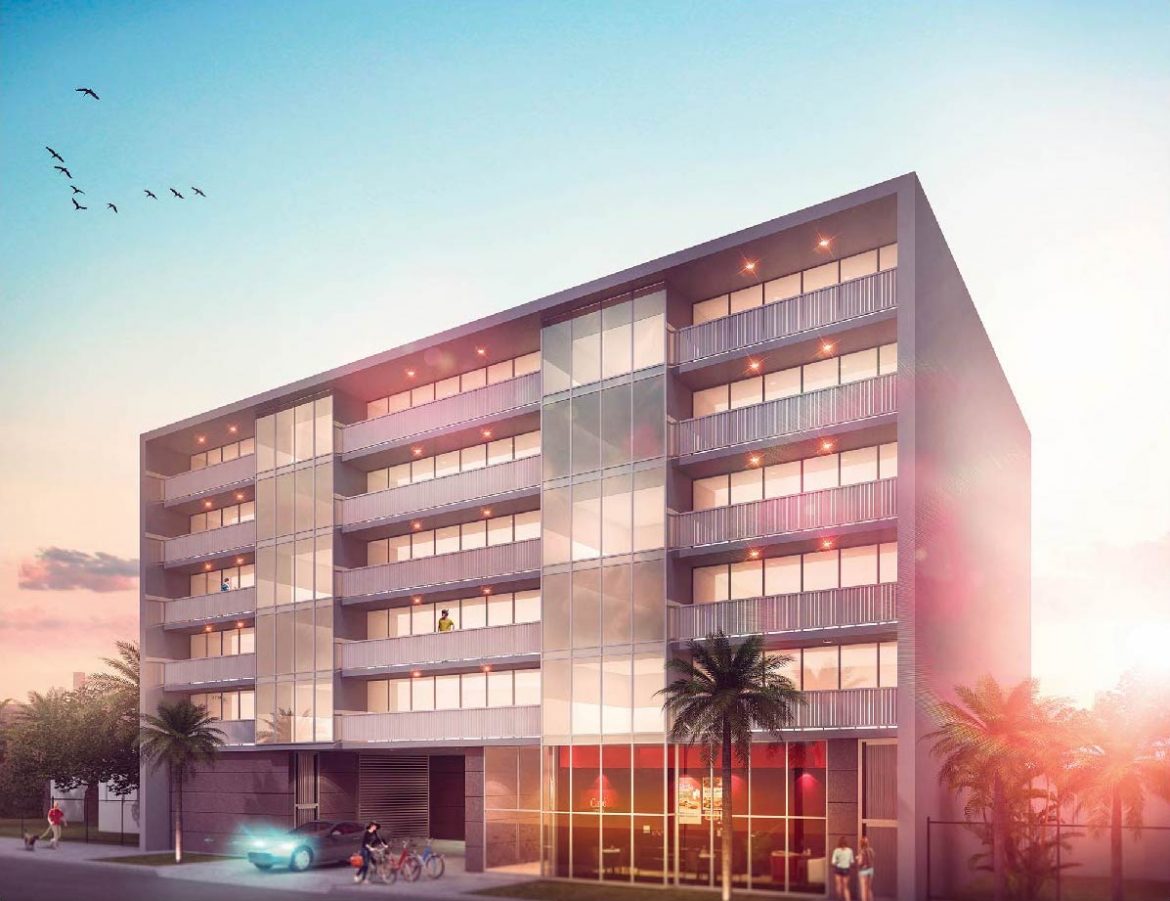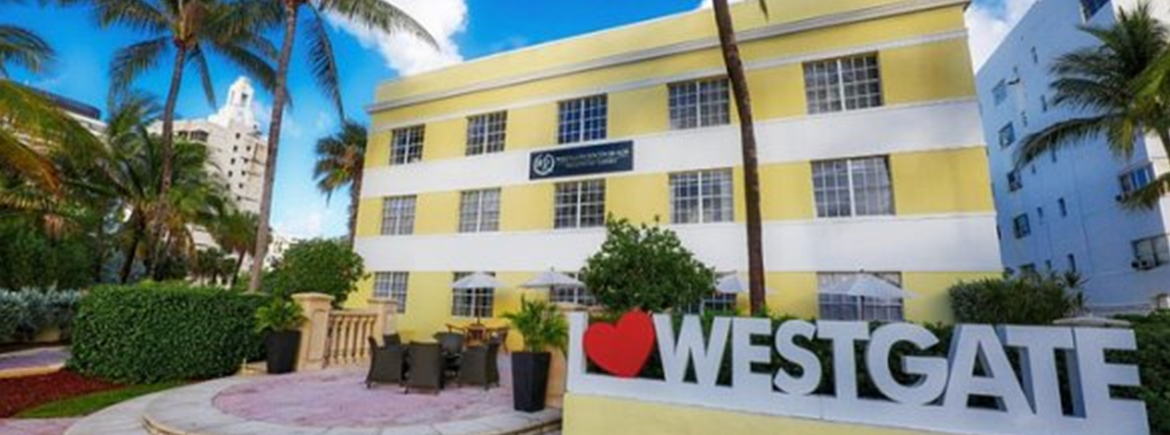Michelin-starred chefs and high-end retailers continue to expand into Miami as they follow their customers from places like New York, California and Chicago.
The flow of new tenants is pushing up rents to prices second only to New York City, according to a Lee & Associates report, and driving vacancy down to among the lowest levels in the country.
Miami retail vacancy is at 3.7%, 50 basis points below the national average of 4.2%, and the city leads all major U.S. markets in rent growth, rising 11.6% year-over-year to $42.40 per SF, according to a second-quarter report from Marcus & Millichap.
The market “is exponentially better in terms of occupancy and rental rates than pre-pandemic. I think it’s just a different world that we live in now,” said Lisa Ferrazza, the senior director of retail leasing at the Miami-based investment firm Tricera Capital.
The city’s trendiest neighborhoods have seen the greatest growth, driven by a rise in demand from restaurants and luxury retailers. Asking rents in Brickell and Miami Beach were above $70 per SF at the start of April, according to Marcus & Millichap, and highly coveted space can fetch considerably more.
Ferrazza said her firm has done deals above $115 per SF in Wynwood with retailers looking to capitalize on Miami’s rising profile. She said retailers are bringing flagship stores to the city in growing numbers.
In the second quarter, Ralph Lauren and Amsterdam-based furniture company Eicholtz opened flagship locations in the Miami Design District, a high-end shopping destination that spans 18 blocks.
Lincoln Road, the iconic shopping destination in Miami Beach, landed eight new tenants this quarter, including Cheesecake Factory and a range of retailers selling everything from footwear to candy. The Museum of Ice Cream revealed plans for a 14K SF experience-focused shop at Miami Worldcenter, a 27-acre mixed-use development in Downtown Miami that will host the company’s first permanent location.
“If they have determined that Wynwood or the Design District or Lincoln Road is their market and where they want to have a flagship, they’re usually willing to pay the freight regardless,” Ferrazza said.
Much of the demand for space is coming from the food and beverage sector. Miami now has 12 restaurants with Michelin stars after the acclaimed guidebook announced in 2021 that it would begin rating restaurants in the city. The growth of the city’s food scene and influx of new residents is drawing more star chefs and creating expansion opportunities.
“Retailers are one thing,” Ferrazza said. “The pool of expanding soft goods, fashion retailers is much more shallow than the food and beverage market. That’s really where we see most of the activity.”
Just this week, celebrity chef Juan Manuel Berrientos opened Elcielo Miami at the SLS South Beach hotel, the second location in the city for the Michelin-starred restaurant. Michael Beltran, the chef at Michelin star-earning Ariete in Coconut Grove, announced in May that he would open a cigar and cocktail bar in Miami Worldcenter.
Some of the new upscale restaurants coming to Miami are aimed squarely at the wealthy new arrivals who moved to South Florida during the pandemic.
In March, chef Shaun Hergatt announced plans for a private restaurant and speakeasy concept exclusively for residents at the Perigon condo tower in Miami Beach, which is expected to open in 2026. Weeks earlier, Todd English signed on to open a private lobby restaurant at the Bentley Residences, a 62-story luxury condo tower in Sunny Isles that is also slated to deliver in 2026.
Tricera is working on deals with chefs from Las Vegas and Boston, Ferrazza said.
“We’re getting a lot more Michelin chefs, and everybody knows how competitive the F&B market is,” she said. “So everyone is trying to outdo each other in the Miami market to have a presence to be talked about and be seen.”
Developers are responding to the strong demand by building more space. Across South Florida, there is more than 3.5M SF of retail space under construction, including around 1.9M SF in Miami as of March.
Miami is slated to see 1.6M SF of new space come online in the second half of this year, following the completion of around 400K SF through the second quarter, according to Marcus & Millichap.
Deliveries in Miami will be four times higher than in 2022 and “may result in some upward pressure on vacancy in the near-term while new stock leases up,” the report’s authors wrote. But with vacancy rates at some of the lowest levels in the country, Ferrazza said the market is well-positioned to absorb the new inventory.
The inflow of new residents, growth of tourism and the business-friendly environment in the state has made Miami an ideal location for retail tenants looking to grow, she said.
“I don’t know where else you would look if you are looking to expand throughout the country,” she said.
Source: Bisnow




